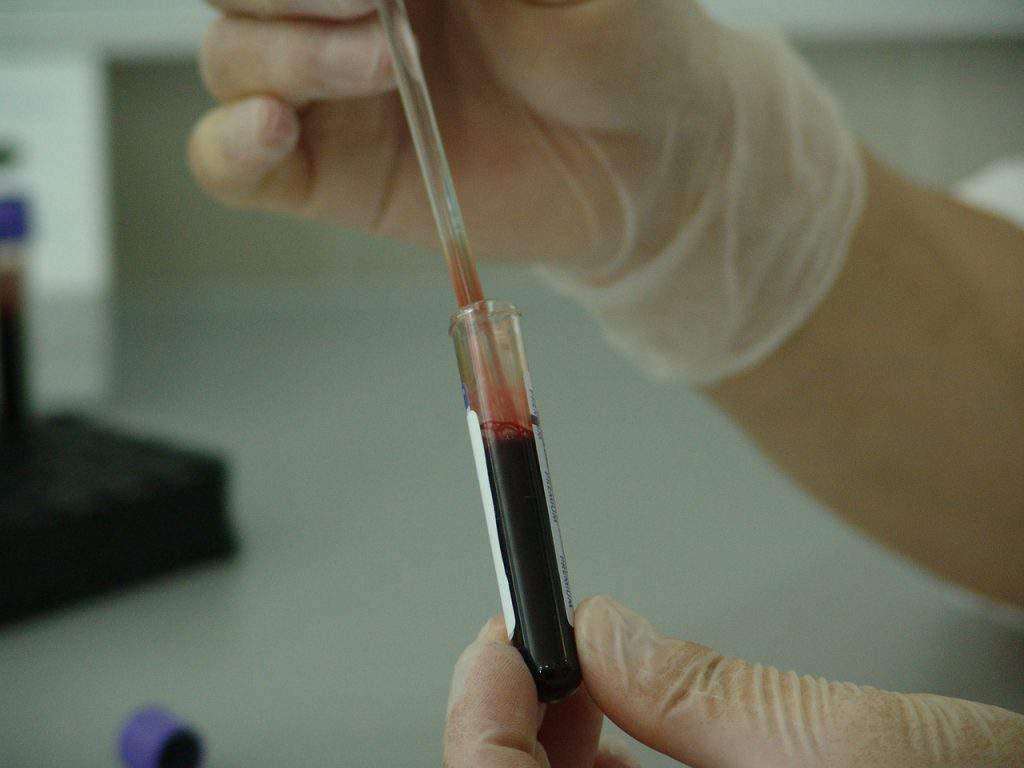Hungarian surgeon in Britain hid his HIV, 400 patients had to be tested

Change language:
According to the telegraph.co.uk, a Hungarian surgeon working in Britain had to be suspended as he hid his HIV diagnosis, committing forgery to do so as well as putting the health of about 400 patients at risk.
What exactly the surgeon had committed
Tamás Nyary, a Hungarian surgeon who has worked for the NHS between 2010 and 2016, has been caught lying about his HIV and continuing to treat patients. It all started when, in order to get a job at the Nottingham University Hospitals in 2013, he changed the date of a 2010 report about him being HIV-free to say 2012 as the year of the examination, making it more up-to-date.
Later, in 2015, when he was working at the Birmingham Heartlands Hospital, he took it a step further. He used a home testing kit to determine whether he had HIV or not. The tests revealed that he was, in fact, HIV-positive.
Nevertheless, he sent his blood sample for full testing using another HIV-positive patient’s name as a disguise to get more conclusive results.
He has admitted committing forgery and making sure he covered his tracks by using a false instrument to gain unauthorised access to a program. In fact, he has committed all this twice. He used an account other than his to check the results, learning that he really had had contrived HIV.
Why he did what he did
Nyary, the 45-year-old gay orthopaedic and trauma surgeon, became a doctor in Hungary, then decided to leave for the UK to get a job. He had worked at 24 hospitals over a six-year period in different parts of the UK, between 2010 and 2016.
He claims he hid his condition because of fear of being stigmatised for it
and forged the date of his 2010 report only to provide fresher results, ensuring he got the job at the Nottingham hospital.
Rules for such cases
In 2010, the Equality Act was introduced, allowing people to decide for themselves whether they wanted to reveal infections like HIV to their employers or not. Nevertheless, this is not applicable for people in ‘frontline jobs’ such as doctors and army men.
However, it is unknown when exactly he became infected and it is possible he would have tested negative at the time of the forgery anyways. Also, it is the responsibility of NHS trusts to test their employees for blood-borne viruses, especially those who may perform exposure-prone procedures, like surgery, as that is among the riskiest situations that can cause cross contamination. This does not mean, however, that Nyary was not supposed to report that he may be in need of treatment for such a disease.






